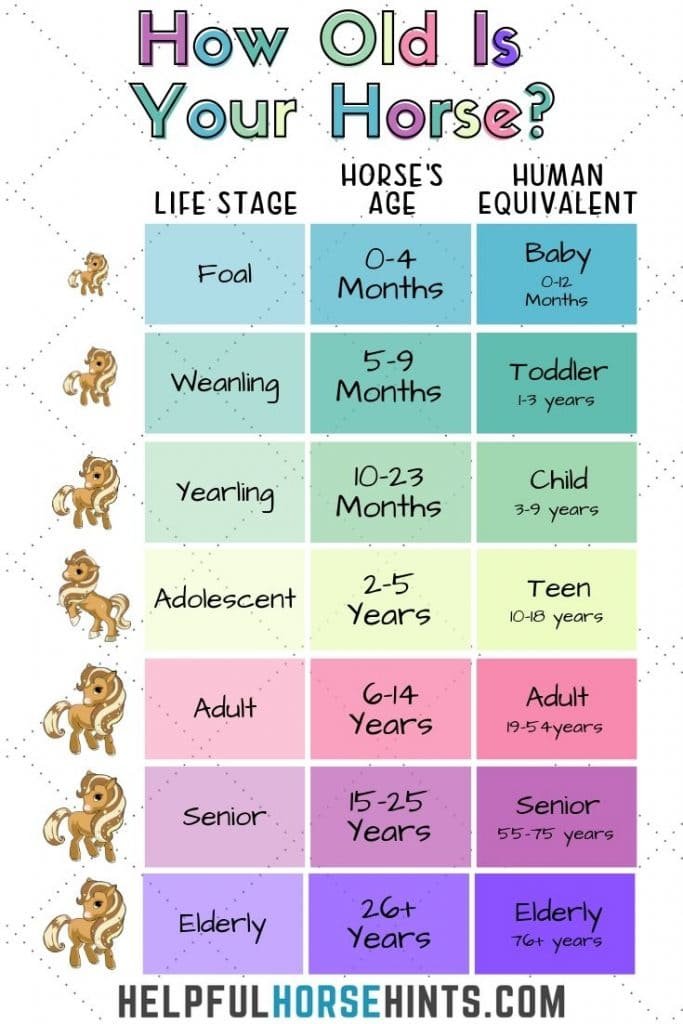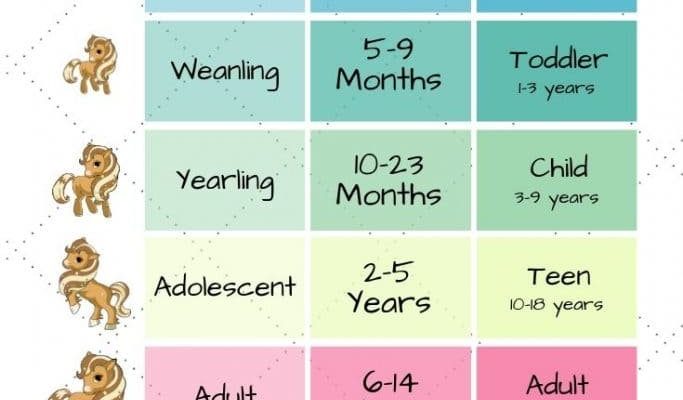
So, how long can you expect a horse to live? Generally, the average lifespan of a horse falls between 25 to 30 years. However, just like how some people live longer than others, horses can live well into their 30s or even 40s! It depends on multiple factors, including the horse’s breed, its living conditions, and how well it’s cared for. Here’s what you need to know when it comes to the lifespan of these incredible animals.
Factors Influencing Horse Lifespan
A horse’s lifespan isn’t set in stone; it’s shaped by several circumstances. Here are some key factors that influence how long a horse might live:
- Breed: Different breeds have distinct lifespans. For instance, smaller breeds like the Miniature Horse often live longer than larger breeds like the Shire Horse.
- Health Care: Regular vet check-ups, vaccinations, and dental care can significantly prolong a horse’s life.
- Diet: A balanced diet rich in nutrients helps maintain a horse’s health and vitality.
- Living Conditions: Clean, safe, and spacious environments contribute to a healthier horse.
Consider how we humans thrive in good health with proper care. It’s similar for horses. A horse that receives routine veterinary care, proper nutrition, and a safe living space is likely to enjoy more years of companionship.
Common Breeds and Their Lifespans
Different horse breeds can vary quite a bit in terms of how long they typically live. Here’s a quick overview:
- Arabian Horses: Known for their endurance, these horses often live around 25 to 30 years.
- Thoroughbreds: While they’re famous for racing, their lifespan is usually shorter, between 20 to 25 years.
- Miniature Horses: Surprisingly, these tiny horses can live anywhere from 25 to 35 years, sometimes even longer!
- Appaloosas: These colorful horses typically enjoy a lifespan of 25 to 30 years.
It’s fascinating to see how breed characteristics affect longevity. Just like with dogs or cats, some breeds naturally have longer lifespans than others.
Importance of Nutrition for Longevity
Just like we need balanced diets to stay healthy, horses do too! Their nutrition plays a crucial role in how long they live. A horse’s diet should include:
- Hay or Grass: This should be the main part of their diet, providing essential fibers.
- Grains: These should be fed in moderation and tailored to the horse’s activity level.
- Supplements: Depending on the horse’s needs, vitamins and minerals may be beneficial.
Honestly, providing the right nutrition isn’t just about feeding; it’s about nourishing their whole being. Regularly checking in on their dietary needs can help keep them active and vibrant throughout their lives.
Regular Veterinary Care: A Key to Healthy Living
Just like us, horses require regular veterinary check-ups to spot potential health issues before they become significant problems. Regular care can include:
- Vaccinations: Keeping up with vaccines can prevent serious diseases.
- Dental Check-ups: Horses need their teeth examined regularly, as dental issues can lead to other health problems.
- Health Evaluations: Routine physical exams help ensure that your horse is in good condition.
You might be wondering how often these check-ups are needed. Usually, it’s advisable to have a vet visit at least once a year, but more frequent visits might be necessary, especially for older horses.
The Role of Exercise in Horse Lifespan
Exercise is another essential ingredient for a long and healthy life. Regular activity helps keep horses fit, reduces the risk of obesity, and enhances their overall well-being. Here are some tips for incorporating exercise:
- Daily Rides or Workouts: Spending time riding or working with your horse keeps them active.
- Turnout Time: Allowing them to roam in a safe pasture provides both exercise and mental stimulation.
- Variety of Activities: Consider mixing things up with trail rides, jumping, or even simple groundwork exercises.
Here’s the thing: just like humans, horses thrive when they have a varied routine. Exercise not only boosts their physical health but also promotes a happy mindset.
Understanding Common Health Issues
As horses age, they may face common health issues that can impact their lifespan. Being aware of these issues can help you act quickly to keep your horse healthy. Common health problems include:
- Laminitis: This painful hoof condition can arise from obesity, poor diet, or metabolic issues.
- Colic: Horses can suffer from gastrointestinal problems, which are quite serious and require immediate attention.
- Arthritis: Older horses often experience joint issues, which can limit mobility and quality of life.
Taking preventative measures and being vigilant about your horse’s health goes a long way. Regular vet visits and being alert to any changes in behavior can help you catch problems before they escalate.
Final Thoughts on Horse Lifespan
Understanding the average lifespan of a horse not only helps you know what to expect but also empowers you to provide the best care possible. By focusing on their nutrition, exercise, and health care, you can help your horse live a long, happy life.
Whether you’re a horse owner or just a fan of these majestic creatures, knowing how to support their well-being is essential. Like the bond between friends, your care and attention can make a world of difference in their lives. So the next time you see a horse galloping joyfully, remember that their lifespan is a reflection of love and care—not just the years they have, but the experiences they share with us.

